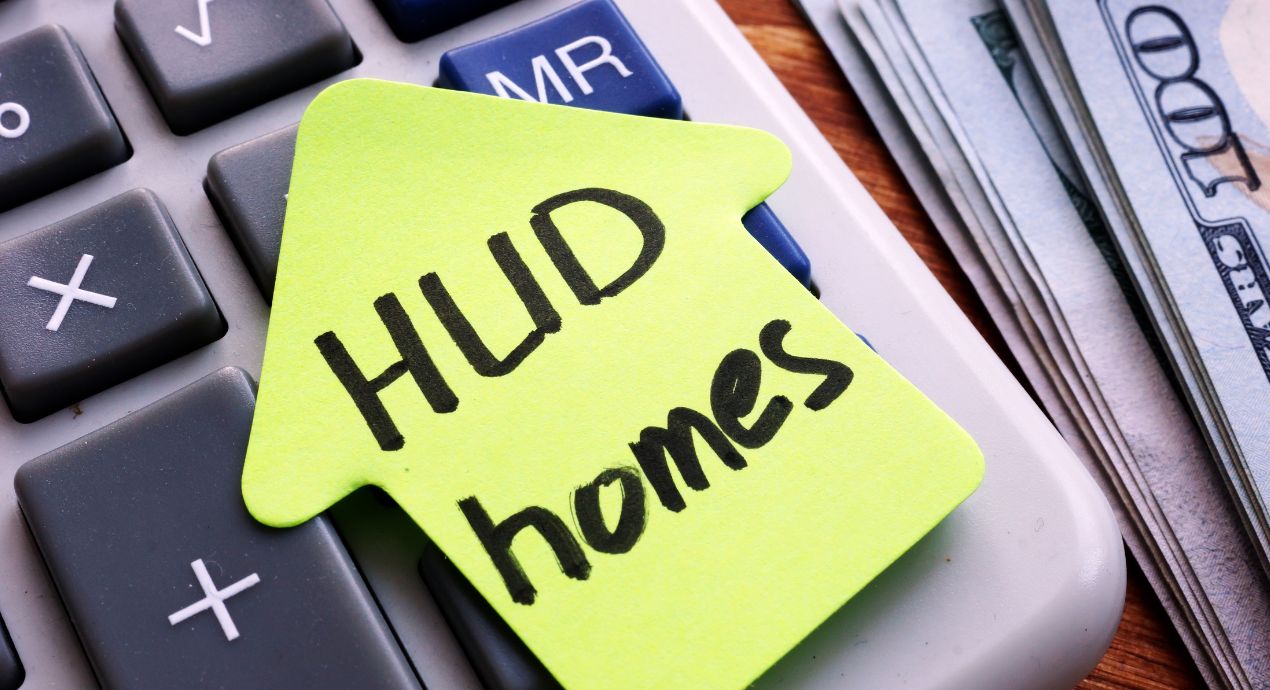
Contemplating coverage?
Subscribe to receive our emails & get
$200 off!
Have questions?
Call us: (833) 544-8273


Written By Ellie Brooks
A hot housing market is great for sellers, but high home values and stiff competition have discouraged many prospective buyers. Some buyers have investigated alternative means of purchasing a home, such as buying properties through the U.S. Department of Housing and Urban Development (HUD).
While HUD homes have their advantages, they are not for everyone. This article will review HUD homes for the uninitiated and outline their benefits and drawbacks.
Manage your client base and home warranty information
with our Real Estate Portal:
The Federal Housing Administration (FHA) is a government agency that insures mortgages from private lenders. If a homeowner defaults on an FHA-insured mortgage, the agency will pay the lender the unpaid balance on the home. This means lenders take on less financial risk, incentivizing them to offer loans to buyers. Homeownership is more accessible to many Americans because of the FHA.
The FHA has been part of the U.S. Department of Housing and Urban Development since 1965. If a home with an FHA-backed mortgage is foreclosed on, HUD will take possession of the property. The agency then puts the home up for sale to recoup the payment to the private lender.
In short, HUD homes are foreclosed properties that buyers purchase directly from the U.S. government.
Yes, anyone can buy HUD homes. When HUD first lists a home for sale, bidders on the home must be owner-occupant buyers. This means the buyer must purchase the home with the intent to live there.
After an initial listing period, everyone is eligible to bid on the home, including business entities and property owners who may seek to rent out the home.
Note that while anyone can purchase a HUD property, buyers are obligated to have a HUD-registered real estate agent place their bids.
HUD homes foreclosure listings are all posted exclusively to the agency’s website, HUDHomestore.gov. Users can click on a state or U.S. territory to see all available homes, or they can search by location, price, home size, and more.
The inventory of homes on the HUD website is not especially large. It is not uncommon to see no homes available in many U.S. states, and even populous states may have a dozen listings or fewer.
Some HUD homes have the potential to be great investments. Here are a few of the benefits.
There are downsides to consider, however. Here’s why some homeowners think HUD homes are more trouble than they’re worth.
Whether you bought a new home through HUD or more traditional channels, a home warranty can protect you financially from surprise repairs to your appliances and systems. Learn more about Liberty Home Guards plans by calling (866)-526-1752.
Stay Ahead of Potential
Home Mishaps!
Subscribe to our Liberty Home Guard Newsletter and gain access to exclusive content that ensures your peace of mind.